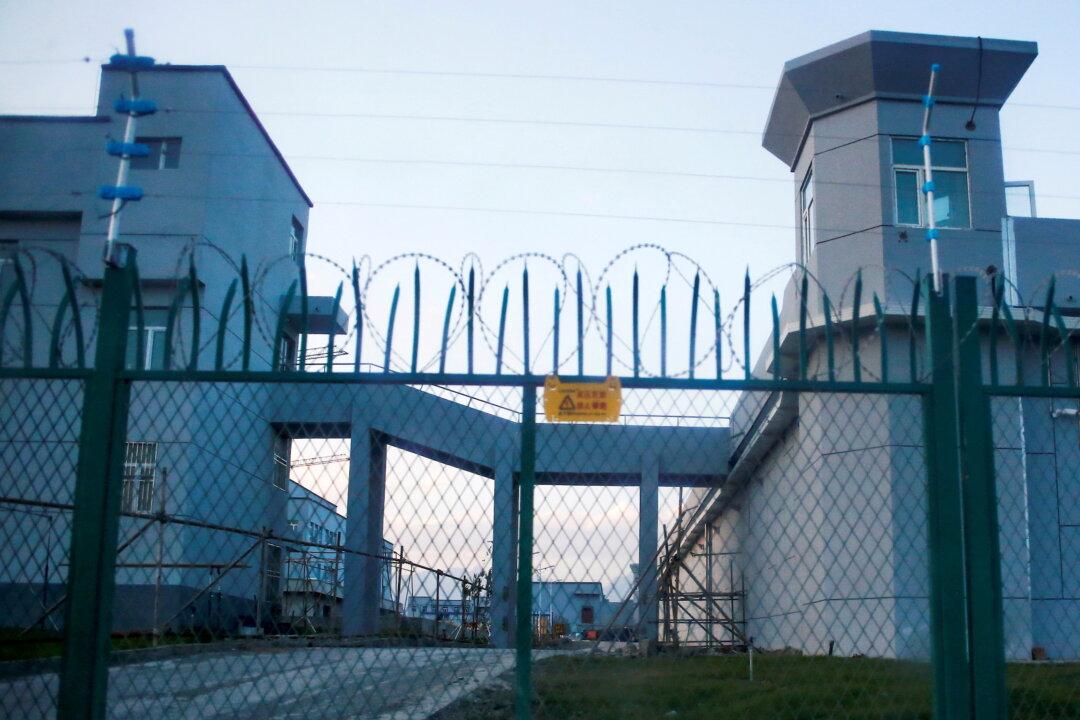BEIJING—It is “reasonable to conclude” that forced labor of members of minority groups has taken place in China’s western Xinjiang region, the UN’s top expert on slavery said in a report released this week.
The findings were “based on an independent assessment of available information”, the United Nations Special Rapporteur on contemporary forms of slavery, Tomoya Obokata, said in a report that he shared on his Twitter account on Tuesday.
“The Special Rapporteur regards it as reasonable to conclude that forced labor among Uyghur, Kazakh, and other ethnic minorities in sectors such as agriculture and manufacturing has been occurring in the Xinjiang Uighur Autonomous Region of China,” it said.
The Chinese communist regime rejects all accusations of abuse of Uyghurs and other Muslim minority groups in Xinjiang.
The report, dated July 19, is publicly available in a U.N. documents library.
Two distinct “state-mandated” systems exist in Xinjiang, it said: a vocational skills education and training center system, where minorities are “detained and subjected” to work placements, and a poverty alleviation through labour transfer system involving rural workers.
“While these programs may create employment opportunities for minorities and enhance their incomes, as claimed by the Government, the Special Rapporteur considers that indicators of forced labour pointing to the involuntary nature of work rendered by affected communities have been present in many cases,” said the 20-page report, which also covered contemporary slavery-related issues and concerns in other countries.
The Chinese foreign ministry on Wednesday reiterated Beijing’s denial that there had ever been forced labor in Xinjiang and heavily criticized the report’s findings.
Obokata’s report is separate from a highly anticipated report on human rights in Xinjiang being prepared by U.N. High Commissioner Michelle Bachelet, who has pledged to publish it before leaving office at the end of this month.
Reuters reported last month that the Chinese regime has sought to stop Bachelet form releasing her report, citing a Chinese letter reviewed by Reuters and diplomats who received it.





